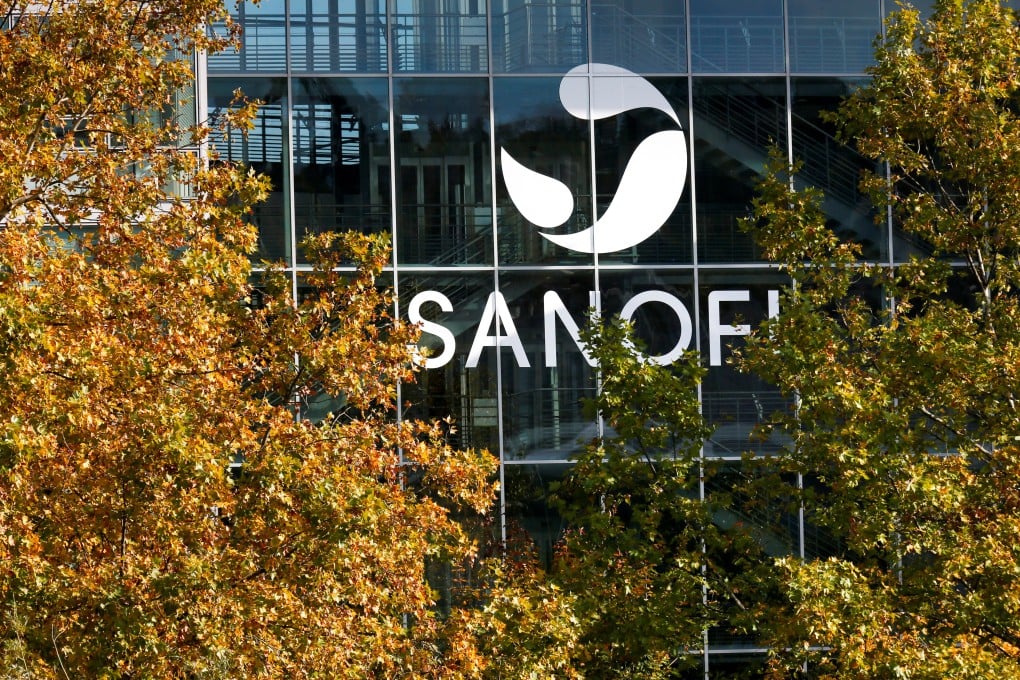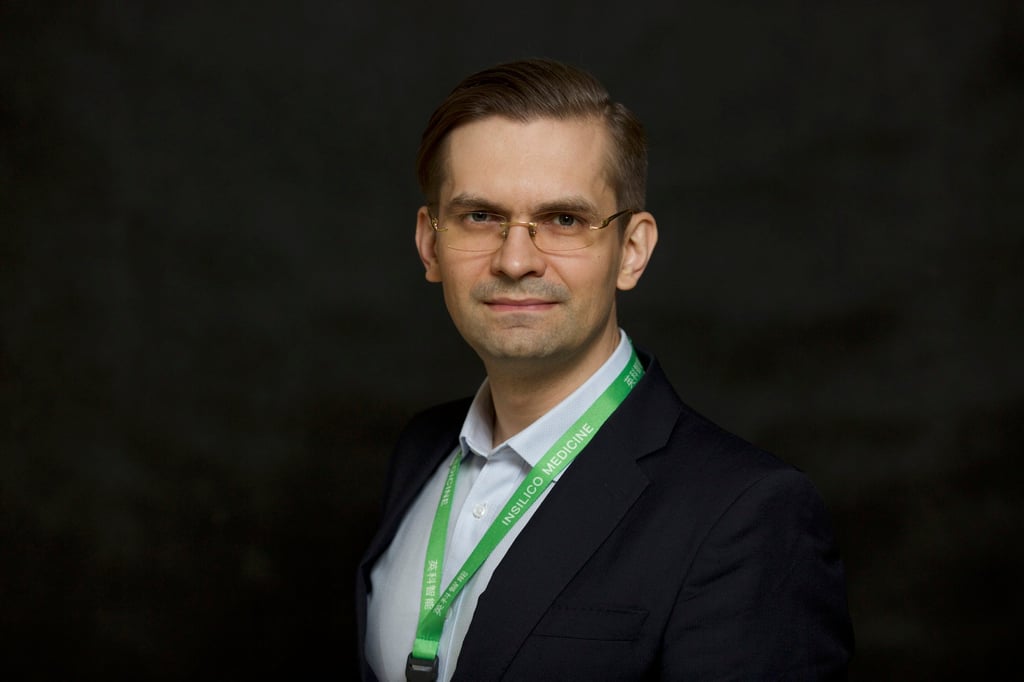Sanofi signs research tie-up with Hong Kong’s Insilico Medicine to accelerate AI-powered drug discovery
- French healthcare giant will collaborate with Hong Kong-based AI drug-discovery company in a deal worth up to US$1.2 billion
- Pharma companies have increasingly relied on AI to reduce the time and costs of getting drug candidates to the market

The French healthcare company will put up as much as US$21.5 million in upfront payment and target nomination fees to Insilico, which could rise to US$1.2 billion subject to hitting certain undisclosed research, development and sales milestones, according to Insilico.
“AI is becoming more mature in the pharmaceutical industry,” said Alex Zhavoronkov, CEO and founder of Insilico, in an interview. “They [pharmaceutical giants] are focused on delivery instead of exploration. Pharmaceutical companies now understand the value of AI. They have much more confidence” collaborating with drug-discovery companies.

Insilico Medicine is backed by investors and private funds including WuXi AppTec, Warburg Pincus and Qiming Venture Partners. The biotech firm uses modern machine-learning techniques and cloud-computing technologies to help with target identification and molecule designation.
Under the multi-year deal, both parties will co-develop drug candidates for up to six targets. They did not identify specific target diseases.
“This collaboration will leverage our complementary capabilities, as well as the co-location of our scientific teams,” Changchun Xiao, head of China research at Sanofi, said in a statement on Tuesday. The tie-up will boost the drug-discovery efforts of Sanofi’s research and development centre in mainland China, the company added.